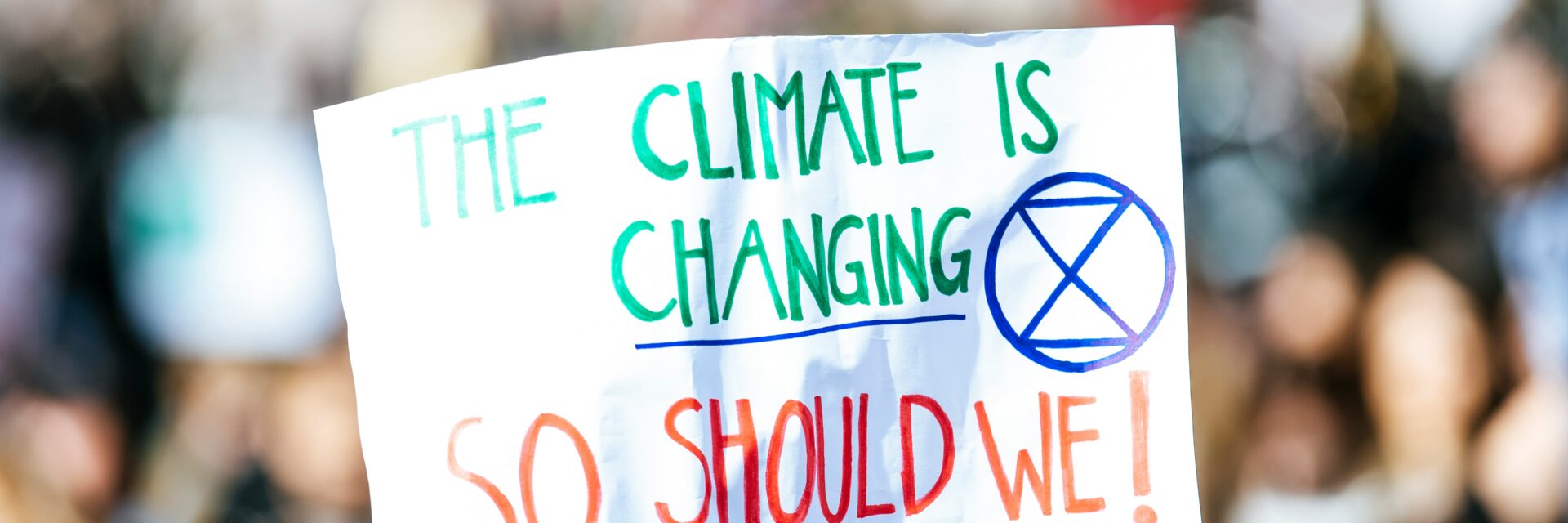- What We Do
- Understanding your audience
- Engaging new audiences
- Designing experiences
- Building loyalty

Closing the intention to action gap – how to inspire different types of action from intention using Eco Mindsets
About a quarter of people in the UK believe their own households should be doing much more for the environment. So, what’s stopping them? In this article we look at how intention can be nudged towards action.
The question of how to encourage people to take action to support the environment is a pivotal sticking point in the debate around the climate crisis. Because not only does propensity to act vary hugely across people, but also the types of action people are inclined to take depends very much on their mindset.
Types of action is varied particularly across the inclinations of the different Eco Mindsets, MHM’s eco segmentation. By understanding the predispositions of the mindsets, we can develop an understanding of what actions they might be motivated to fulfil, and what campaigns they are likely to contribute towards.
Anxious Escapists might be gently encouraged to ‘consume’ their way into environmental behaviours
Anxious Escapists make up a complex group to compel into action. With a high level of paralysis as a result of feeling unable to take on environmental issues, aiming at them with a low demand behaviour is a great way to capture their involvement. Making eco friendly consumer behaviours accessible through encouragement such as additional tariffs on single use plastic, and providing incentives such as discounts or money back when returning packaging to a recycling centre are great ways to pull action out of a resistant Anxious Escapists, and make these behaviours as accessible as possible.
Conscientious Collaborators want to work with others, and are highly like to make donations to ensure their joint contributions adds to more than the sum of their parts
For Conscientious Collaborators, meanwhile, teamwork or working as part of the collective is crucial. Things like donations, signing petitions – anything that joins a Conscientious Collaborator with other people is key to enticing them to act. They believe that individual actions are not enough to make real change and are therefore put off by anything which places excessive responsibility on them as an individual to incite change. However, when the focus turns to collective responsibility, alongside the social pressure of being seen to have done the right thing, a Conscientious Collaborator can be easily convinced to contribute to your cause.
Waste Watchers loathe profligacy, and might be encouraged into extensive personal low impact behaviours
Waste Watchers are, in contrast to Conscientious Collaborators, a mindset predisposed to the smaller, personal behaviours which are low impact on their lifestyle. They lean towards private behaviours, which can be done individually and incorporated into their routine. For this reason, campaigns which encourage recycling, incorporating disposable goods into reusable habits, and bringing their own shopping bags are all accessible to the Waste Watcher mindset. These are accessible to them due to them not requiring a huge overhaul of routine or change in behaviour – making the behaviours seem as ‘normal’ as possible is key.
Change Makers will make big changes if they can
On the other hand, if we are looking to incite high impact behaviours such as turning vegetarian or vegan, or reducing air miles, it is the change makers that we should turn to. The Change Makers admittedly over index on almost all sustainable behaviours – but it is these person high impact behaviours they hold the majority on. Change Makers are looking to help change things, and they will do so through actions which directly or indirectly change the ways in which they might have previously been behaving and living. Make clear how a behaviour can help climate improvement, and why it is valuable in order to convince a change maker to contribute.
Nature Enthusiasts will get their hands dirty with direct action to support the natural world
For the Nature Enthusiasts, whose core focus is on the environment in the context of animals and natural welfare, direct action is a great way of capturing the highest level of engagement. Through engagement which focuses on the areas, landscapes, or even species that this mindset cares most about, you can incite a whole breadth of direct action from a nature enthusiast. This can include planting a wildlife friendly garden or even litter picking.
Justice Defenders will undertake activism if you can show them the injustice
Justice Defenders are ideal for looking at activism: protesting, signing pledges, writing letters to MPs and going door to door. This mindset is people focused, they will fight for the protection of people, and act in their best interest. They are a mindset who are willing to take to the street and make noise, calling for change on a wider scale, and sacrificing their time to it. Volunteering for people-centred causes and political activism are therefore aligned with the Justice Defender mindset.
Sign up to stay in touch and hear more about using Eco Mindsets.
To discuss a project, contact our Consultant and Eco Lead Laura Karban
Catch up with the rest of the series
Learn morePlaying on emotion to incite environmental action
In this article, we explore the different types of language and approaches that play on key emotions to prompt each mindset to transform concern for the environment into action.
Learn morePeer pressure: How to lean on people’s desire to ‘belong’ to encourage environmental behaviour change
The need to belong looks like a tempting lever of behaviour change. But what really matters is how that might vary for different people. In this article we unpack what 'belonging' means for the different Eco Mindsets.
Learn moreEco Mindsets
Eco mindsets is a new psychographic profiling system that helps cause led organisations understand what drives people to act for the environment, and what they can do to encourage greater action in future.
- Engaging new audiences
- Understanding your audience



